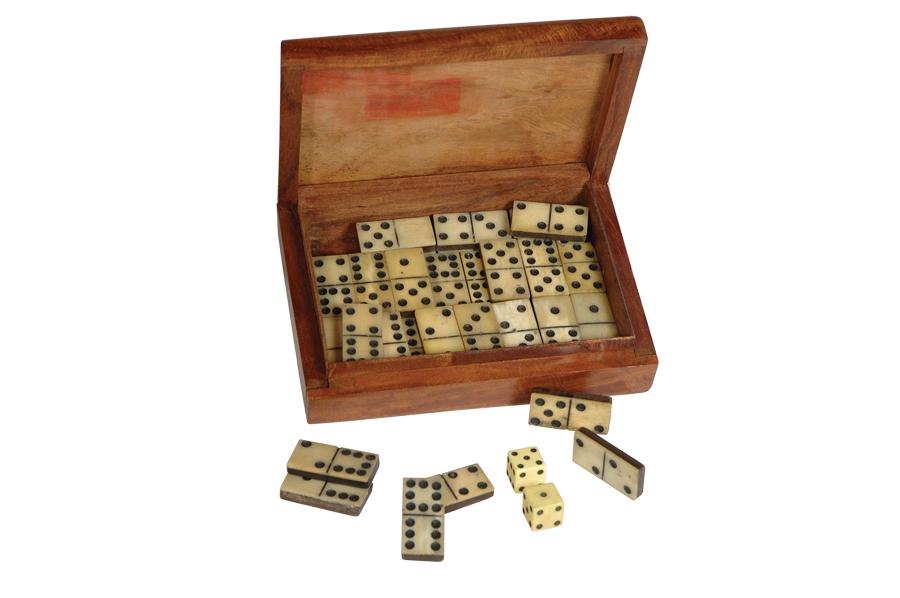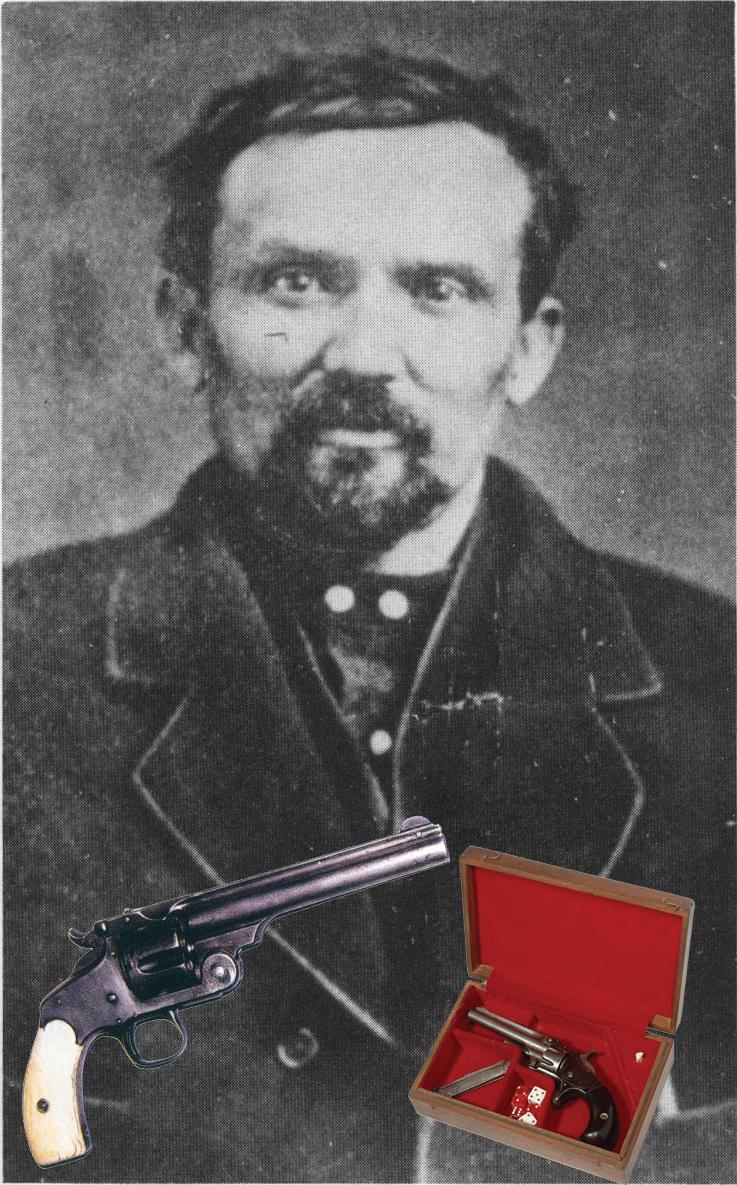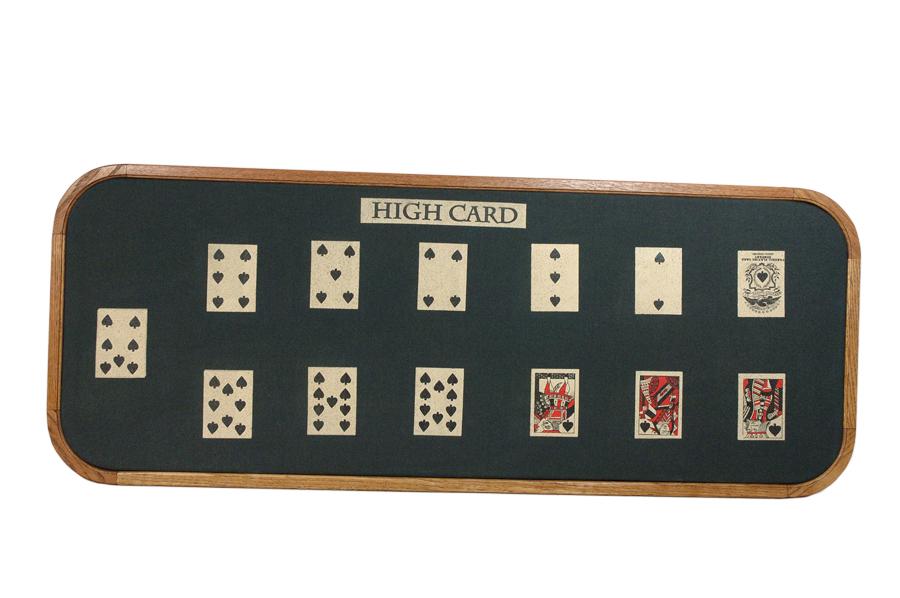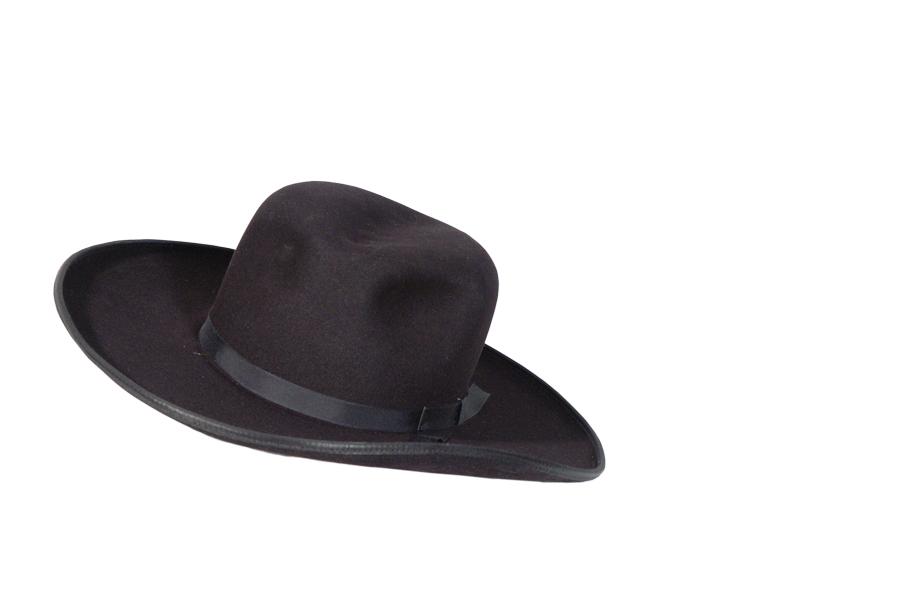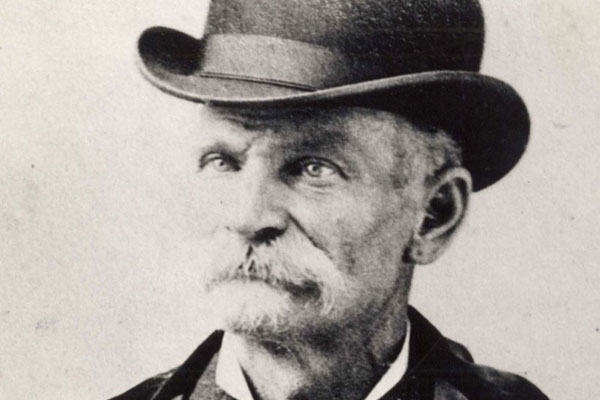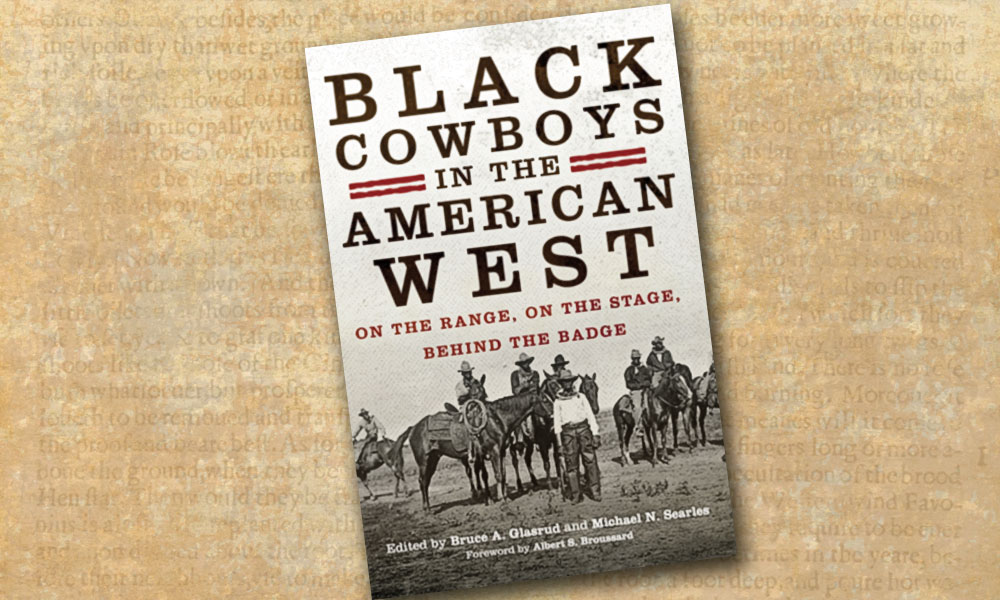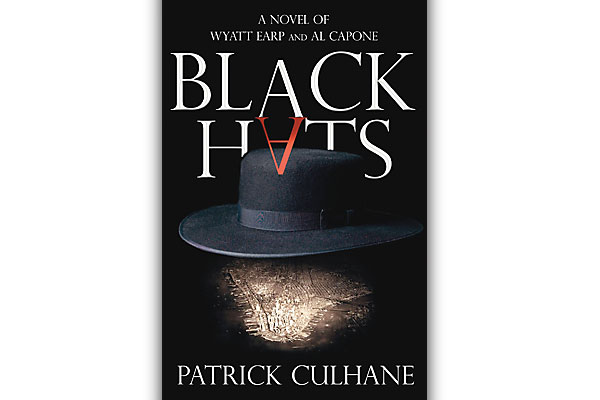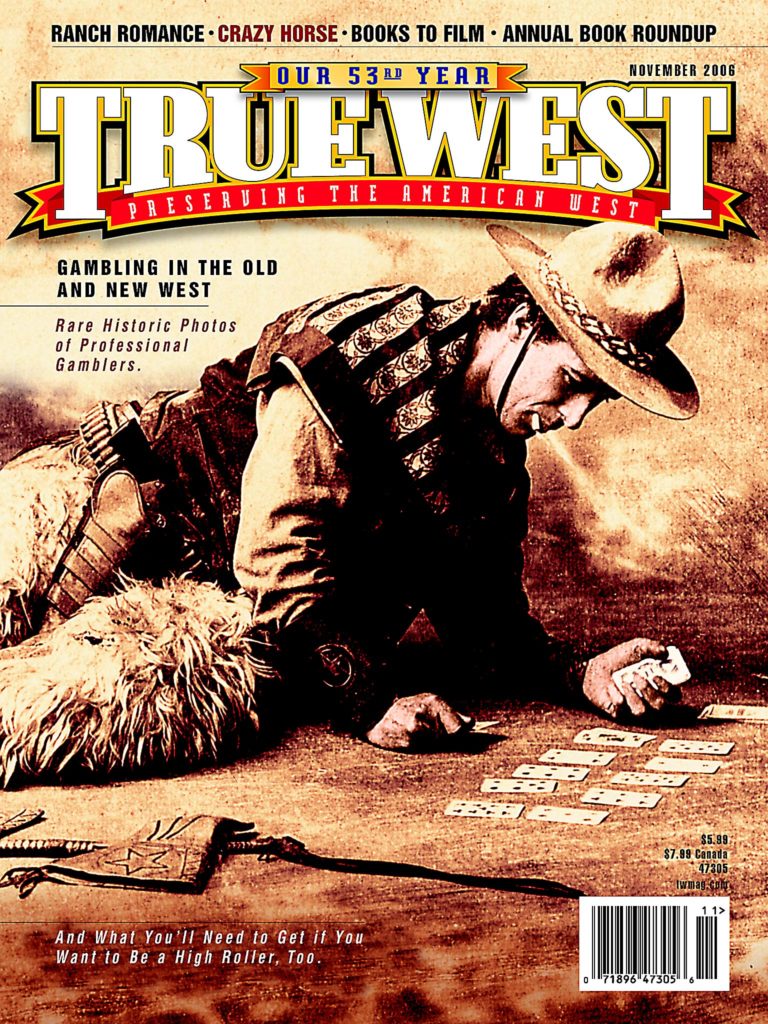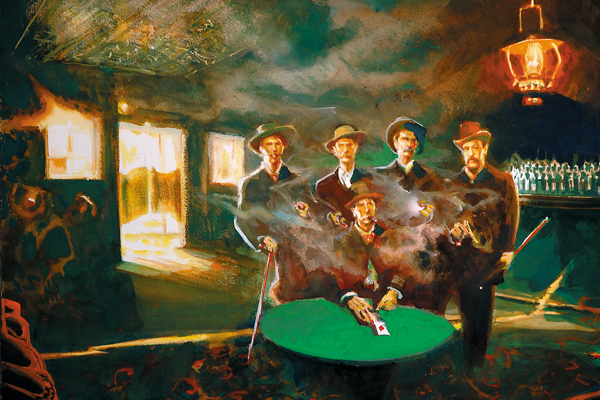 Never get into a card game with a guy named Canada Bill.
Never get into a card game with a guy named Canada Bill.
That was a word of caution for folks who traveled the Mississippi in the steamboat era, or who frequented Old West saloons or gambling houses. For Mr. William Jones—Canada Bill—liked to fleece the sheep.
He didn’t look the role; Jones was not a sharp dressed man. Instead, he usually wore clothes that were two or three times too big. Another gambler called him “chicken-headed … who, when his countenance was in repose, resembled an idiot.” He asked stupid questions of fellow players. Everybody took him for an easy mark.
Boy, were they wrong.
Canada Bill was an expert who took their money by either fair or foul means (usually foul). And he took a lot of it—some say in the millions during his career. The Pinkertons and other law dogs went after him, but Jones usually didn’t get caught cheating. So he took his act from town to town, gulling greenhorns and professional sports alike. He was one of the best.
Today, Canada Bill is better known for some of his quotes—things like “A Smith and Wesson beats four aces anytime,” or “It’s immoral to let a sucker keep his money.” One in particular stands out: Bill was playing in a rigged game in a small town, losing money hand over fist, when one of his pals tried to alert him—“Can’t you see this game is crooked?” “Sure I know it, but it’s the only game in town.” That was pretty much the story of Bill’s later life; he died penniless in Pennsylvania in 1880.
Today, gambling with the cards (often in virtual form on the Internet) has reached a new level of popularity. And unlike William Jones, you’ll probably want to work with some quality equipment, dressed in a bit of finery that opens doors (and wallets). We’ve got some examples in the following pages. But we don’t advise using the Canada Bill approach of cheating. The cards always turn the other way at some point.
For rules on playing faro, see p. 40 of October 2006; also available as a in the October 2006 feature story.
Photo Gallery
($58)
Rank’s Mercantile
Circa 1880s ($395)
Livingston’s Cowboy Connection, 406-222-0272, thecowboyconnection.com
– True West Archives –
Authentic Turn-of-the-20th-century Playing Card Deck ($10)
Parnell Playing Card Company
Jack Daniel’s Playing Cards ($2.99-5.99 each)
The United States Playing Card Company 800-863-1333; usplayingcard.com
($250)
Parnell Playing Card Company
Inspired by the Wild Bill Hickok Character on HBO’s Deadwood, this Silk Gold and Black, Low-slung, Double-breasted Brocade Vest is designed by Janie Bryant, the Emmy award-winning costume designer for the show (Plain Vest: $125; Limited Edition Fancy Vest: $395)
Billy Martin’s USA, 310-289-5000, billymartin.com
($175)
Parnell Playing Card Company
Layout Board for the Popular Old West Card Game, Faro ($250)
Parnell Playing Card Company, 602-279-2358, parcards.com
Long-time madam, Sallie Daggett of Austin, Texas, placed her personal effects inside this box, labeled with a bronze inscription plaque. Contents include an ivory and lace umbrella, mug, Bible, glass whiskey bottle, purses, decorative box with Smith & Wesson “Victor” .32 caliber pistol and dagger, gloves and other personal effects ($6,500).
Livingston’s Cowboy Connection
Pendleton Blended Canadian Whisky is Available in 50ml (Colt, ranges from $2.50-$3), 375 ml (Pony, $14-18), 750ml (Bronco, $25-30) and 1.75l (Stallion, $50-55)
Hood Rivers Distillers 503-574-3693; hrdspirits.com
Black “Royal Flush” Men’s Shirt ($34.95)
White Horse Apparel, 888-693-7837, whitehorseapparel.com
Edgewood Charcoal Gray Wah Maker Pants ($82)
Scully, 805-483-6339, scullyleather.com
Also Available At: Rank’s Mercantile, 800-494-5442, ranksmercantile.com
Black “Royal Flush” Men’s Boots ($139.95)
White Horse Apparel
Ruby, Rhinestone and Pearl Necklace ($50), Matching Bracelet ($45), Matching Dangle Drop Earrings ($34), Matching Teardrop Ruby and Rhinestone Flower Earrings ($16.50), by Sweet Romance
Sweet Romance 800-935-1935; sweetromanceonline.com
Also Available At: Rank’s Mercantile
Re-creation of the Doc Holliday Hat Worn by Val Kilmer in 1993’s Tombstone, this Black Beaver Felt Hat has a Bound Edge, a Pencil Curl Brim and is Hand Creased with Val’s Signature and “Doc Holliday” Stamped in Gold on the Band (Quality 5X: $240; 10X: $355)
ValKilmer.com, 541-910-0359



